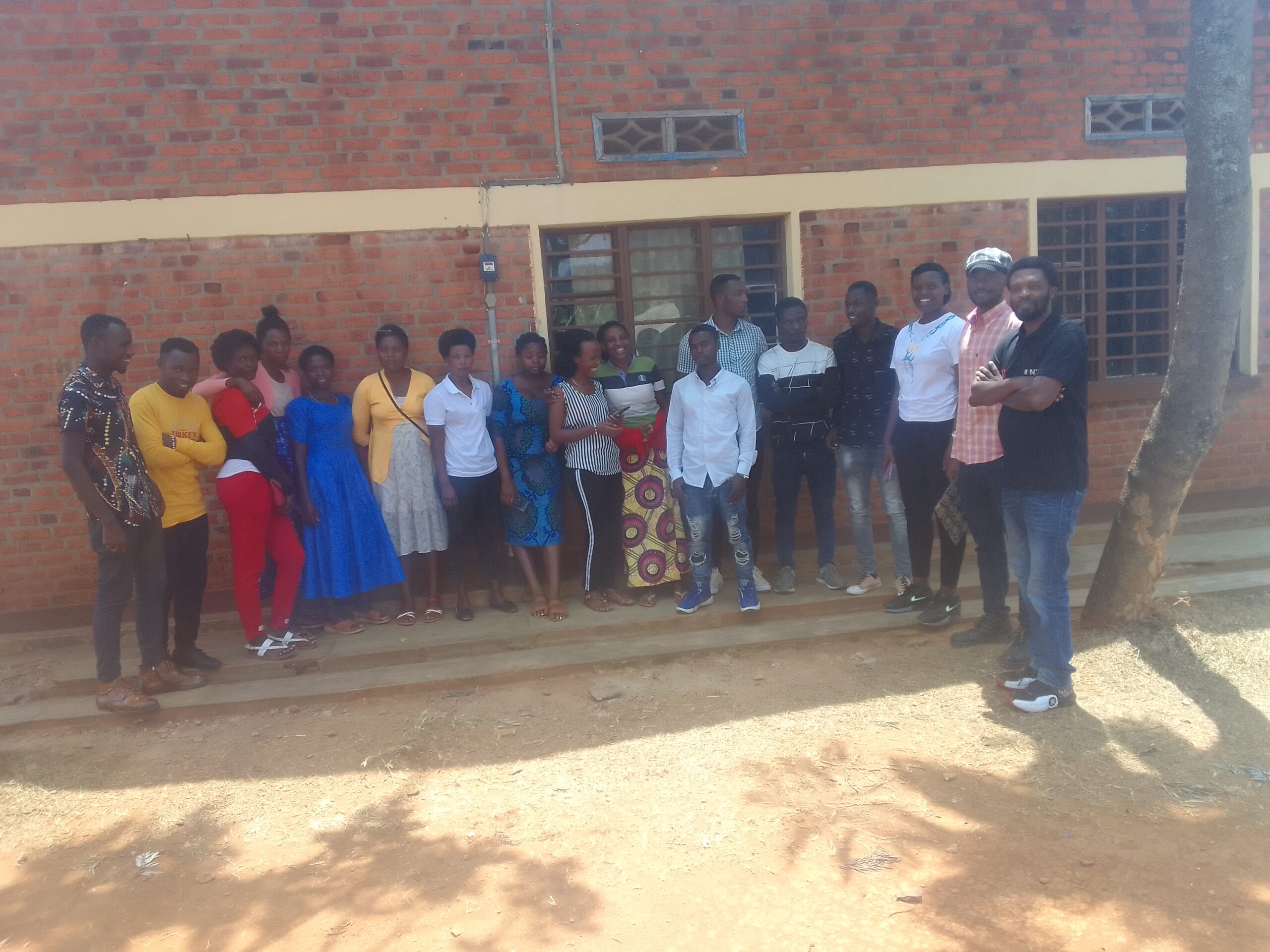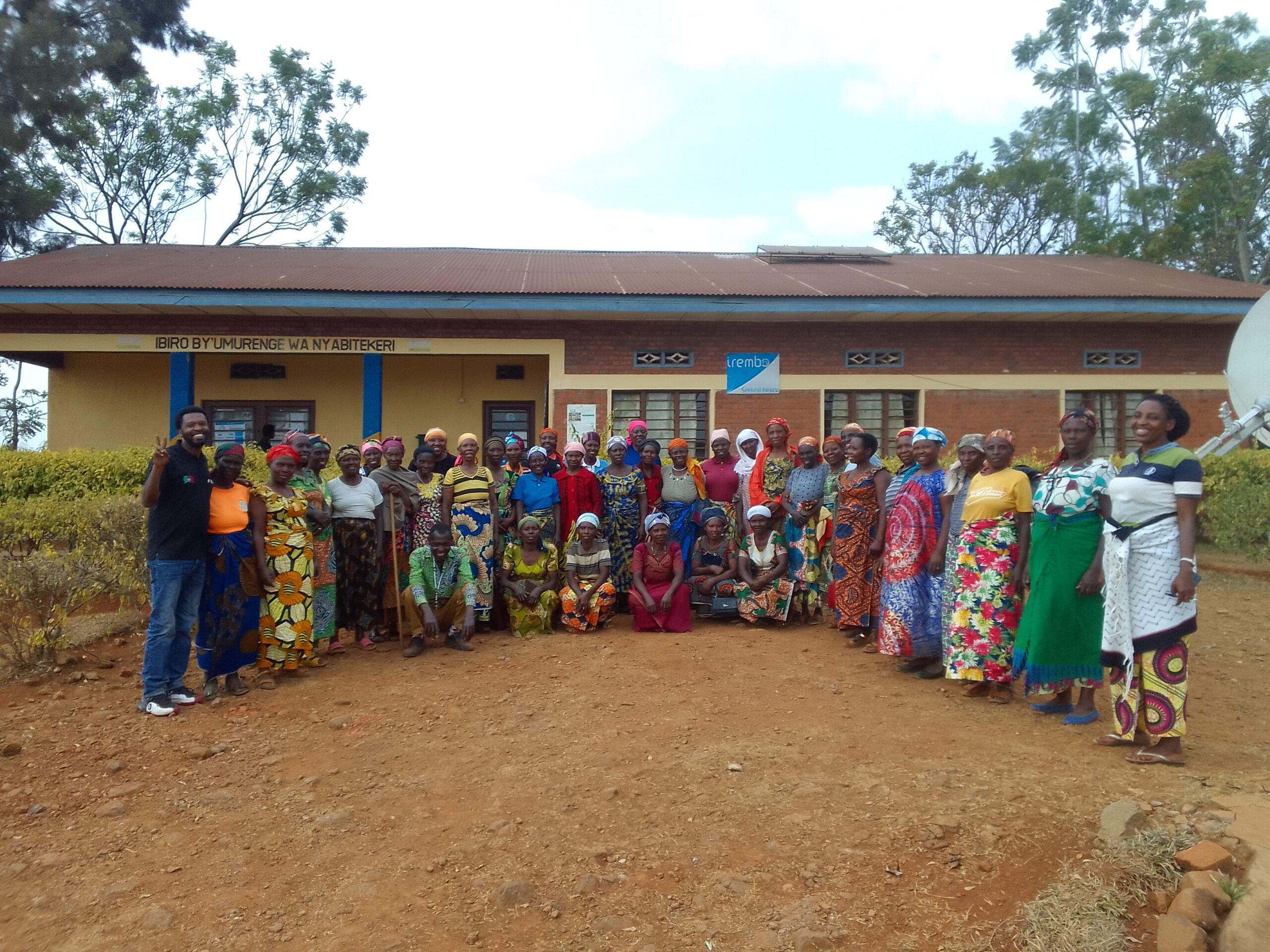In dealing with past, SOHEDEO- Amahoro Iwacu intervenes in the former French Turquoise zone.“This was the area of French influence within the Cyangugu-Kibuye-Gikongoro triangle, was spread across a fifth of the country. Although it was meant to save lives and stop the mass killings, killings did occur”. At the outset, SOHEDEO interventions are found in one of districts composing the former Cyangugu prefecture, now Nyamasheke district, in Nyabitekeri sector and to be more precise in Muyange parish of the catholic church in Rwanda.
In this domain of dealing with the past, SOHEDEO concentrates its initiatives on two main categories of people: widows of the genocide [Widow genocide survivors] and Youth/the second generation [Young men and women born from genocide survivors and those from genocide perpetrators].

Youth is the powerful category we work with, in the context of influencing social change. We work with youth from families of genocide perpetrators and those from genocide survivors’, as individuals who haven’t experienced the genocide but have enormously been wounded by its consequences. We animate critical thinking sessions with them with the aim of fighting genocide ideology among youth and ensuring transgenerational trauma and hate are prevented.

After the genocide perpetrated against the Tutsis in 1994, genocide widows meet in their association called AVEGA (Association des Veuves du Genocide – Agahozo). The association is decentralized until the sector level. We meet them there. What we do with them is actually to listen to them in a form of group therapy, giving everybody the room to share what she went through before we meet, trying to understand if it relates with the genocide (consequences) and trying to give advice of coping with the matter.
They have initiated 2 VSLAs groups, in attempts to try to meet their needs (affording soap, cooking oil…). They have advanced to SOHEDEO, the need of contributing to their initiative by granting them seed money so that a big number of them could borrow the money and be able to satisfy their needs. This is what SOHEDEO must primarily do, as it’s their ultimate wish.
In addition to the above-mentioned activities, SOHEDEO-Amahoro Iwacu does home visits, house to house, to see how genocide survivors are and let them feel they are loved, they are not alone. SOHEDEO will work on memory [like collecting and storing their testimonies] and will contribute in activities of commemoration of genocide in April 11th every year, the day on which Tutsis in Nyabitekeri sector/ Muyange catholic parish were killed and buried in mass graves in the Muyange health center.
In&for peace.
